In the embrace of the wild, one of nature’s overlooked delicacies can be found — bird eggs. Collecting and consuming them is an age-old practice, deeply rooted in survival and gourmet traditions across various cultures.
But in our environmentally-conscious era, it’s crucial to approach this activity with respect, knowledge, and sustainability in mind.
Whether you’re a seasoned forager or a curious epicurean, this guide will navigate you through the ethical, legal, and safe methods of how to collect and eat wild bird eggs, ensuring both the bounty of nature and its preservation.
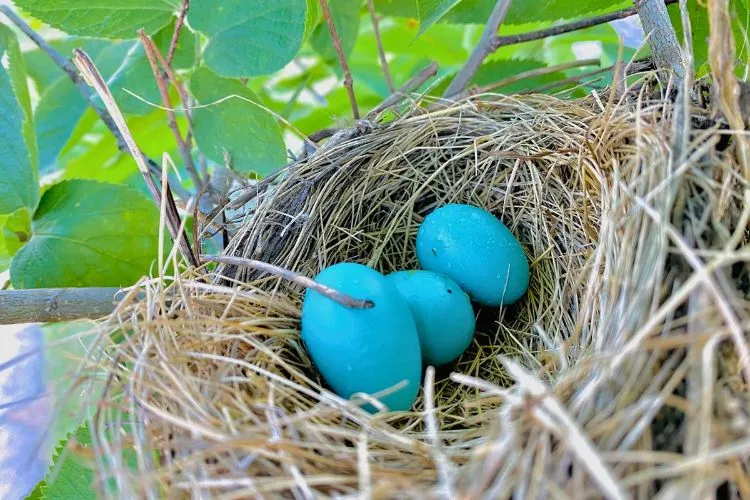
How to Collect and Eat Wild Bird Eggs: A Detailed Guide
Note: Many bird species are protected by law and it’s illegal to disturb or remove their eggs without a special permit. This guide is meant to provide hypothetical advice and promote understanding of natural processes.
Before attempting egg collection, ensure it is ethical, legal and sustainable in your area.
Understand the Laws and Ethics
Before setting off on your egg collecting adventure, it’s critical to understand the rules and regulations that exist to protect bird populations in your region. Each country may have different wildlife conservation laws, so start by researching your local and national regulations. Key considerations to keep in mind:
- Are there certain species protected?
- Is there a particular season when egg collection is allowed?
- Are specific areas designated for egg collection?
Respecting these rules is essential to ensure the sustainability of bird populations and their ecosystems.
Learn About Bird Species and Their Eggs
Different bird species lay different kinds of eggs. Learn about the species in your area, their eggs, and nesting habits.
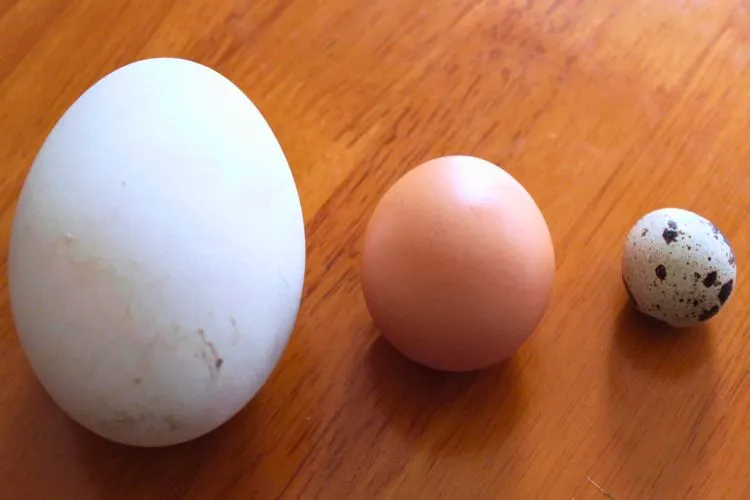
- What time of year do they lay eggs?
- Where do they normally nest?
- How do the eggs look and taste?
Knowing these details can significantly improve your egg foraging experience.
Equip Yourself
Carry dedicated, soft-lined containers for collecting eggs to prevent damage. Binoculars are beneficial for spotting nests at a distance to minimize disturbance.
Locating Nests
Locating nests can be tricky, requiring patience and care. Use your knowledge of specific bird species and their habits to find likely nesting spots. Avoid frequent or close observation as it could distress the birds causing them to abandon their nests.
Collection of Eggs
If you’ve found a nest with eggs and verified it’s legal to collect them, remember:
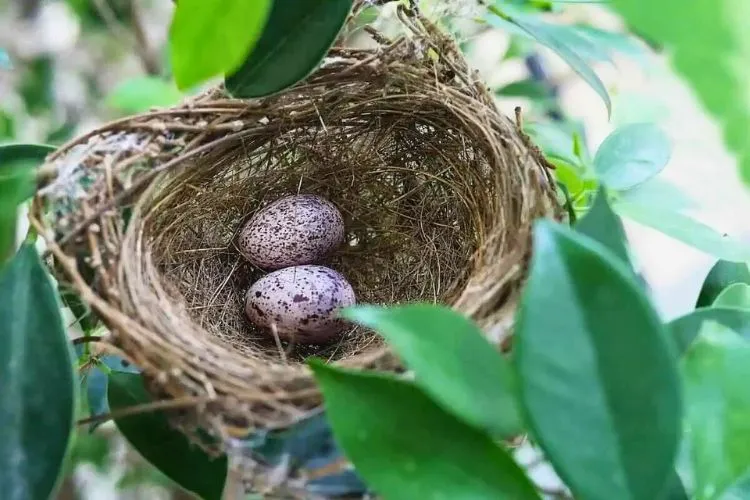
- Never take all eggs from a nest. Take no more than one third, which ensures continuing bird populations.
- Be quick and quiet. Disturbing the birds as little as possible is paramount.
- Handle with care. Eggs are delicate.
Use of Eggs
Treat wild bird eggs as you would store-bought ones. They can be cooked in a multitude of ways like boiling, frying, or scrambling. Some eggs might have strong flavors depending on the bird species and their diet.
Health Precaution
As with all food collected in the wild, ensure bird eggs are properly cooked to kill any potential bacteria or parasites that naturally occur.
Collecting and eating wild bird eggs can provide a connection with nature and culinary adventure, but must be done responsibly. Protecting our avian friends and their habitats is an integral part of this unique and ancient practice.
Proper and Ethical Collection of Eggs
The collection of wild bird eggs, while an ancient practice, requires a modern understanding of ethics and conservation to ensure the sustainability of bird populations and the ecosystems they inhabit. Here, we delve into the crucial aspects of conducting this practice responsibly.
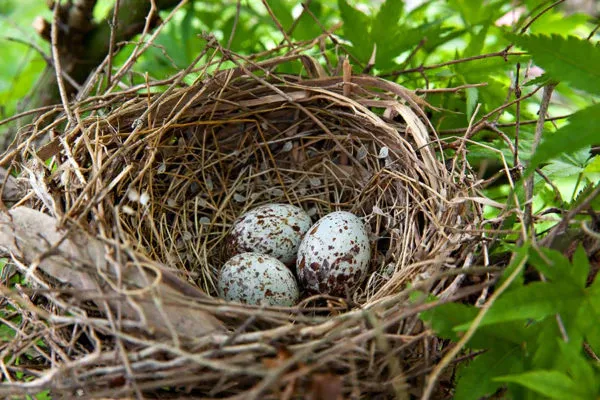
Importance of Limiting Collection
Bird eggs are not merely objects to be collected; they are potential lives and future members of their species. Taking too many eggs from a nest can significantly impact the reproductive success of birds, many species of which are already under threat from habitat loss, pollution, and climate change.
To mitigate these impacts, collectors are urged to take only a small fraction of eggs, usually recommended as no more than one third of the total eggs in a nest. This approach helps ensure that enough eggs remain to sustain the bird population.
Minimizing Disturbance
Approaching a nest to collect eggs can be highly distressing to parent birds and may lead to the abandonment of the nest, even if eggs remain. To minimize such risks, certain strategies can be adopted:
- Timing: Understanding the breeding cycle of the species is key. There are moments when the parent birds may be less likely to abandon a nest, such as later in the incubation period.
- Stealth and Speed: When approaching a nest, it’s crucial to be as quiet as possible and to spend minimal time in the area to reduce stress on the parent birds.
- Observation from a Distance: Using tools like binoculars to locate and assess nests helps avoid unnecessary proximity, which can be threatening to the birds.
Ethical Considerations
Ethical collection goes beyond the act itself, involving a comprehensive understanding of and respect for the local ecosystem and the specific needs of bird populations. This entails:
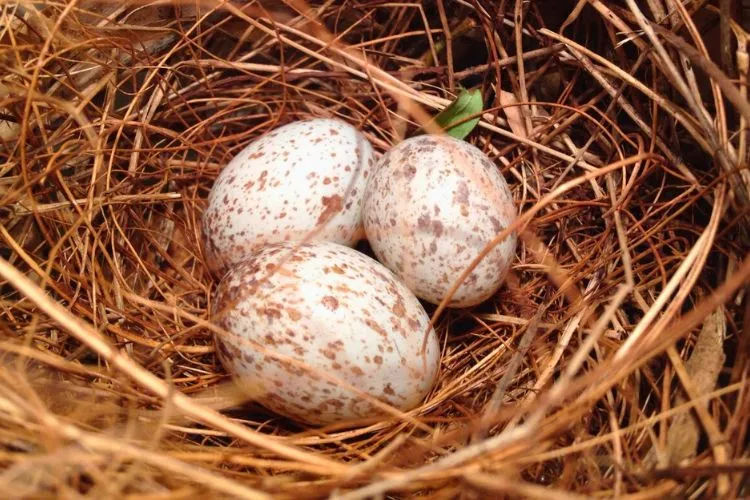
- Researching and Obtaining Permissions: Before collecting eggs, thoroughly research local laws and regulations. Obtain any required permits or permissions needed, and adhere strictly to guidelines laid out for ethical collection.
- Selective Collection: Choose nests in areas where the impact of collection will be minimal. Avoid collecting from species that are rare, endangered, or under threat. Preference should be given to more abundant species, and only where it’s clear that collection won’t significantly affect their local population.
- Health and Safety: Ensure that the collected eggs are handled and processed correctly to prevent the spread of diseases both to humans and potentially back to bird populations. This includes proper cooking and hygiene practices.
- Education and Advocacy: Use experiences in egg collecting to educate others about bird conservation, the importance of ethical practices, and the beauty of the natural world. Advocating for responsible foraging and wildlife appreciation can have a broader positive impact beyond personal activities.
Ethical egg collection is a nuanced activity that balances human interest with biodiversity conservation. By adhering to guidelines for selective collection, minimizing disturbance, and acting with a conservationist mindset, collectors can enjoy this ancient practice without compromising the welfare of bird populations and the integrity of ecosystems.
Through responsible actions, we contribute to the preservation of nature’s delicate balance, ensuring that future generations can also appreciate its abundance and diversity.
Conclusion:
Collecting and eating wild bird eggs can be a sustainable way to supplement your diet, provided it’s done legally and ethically. Respect local wildlife regulations, ensure the species are not endangered, and leave enough eggs for the birds to continue their life cycle.
Remember to prioritize safety by properly identifying and cooking the eggs to avoid health risks. By following these guidelines, you can enjoy the natural bounty responsibly while minimizing your impact on the environment.


